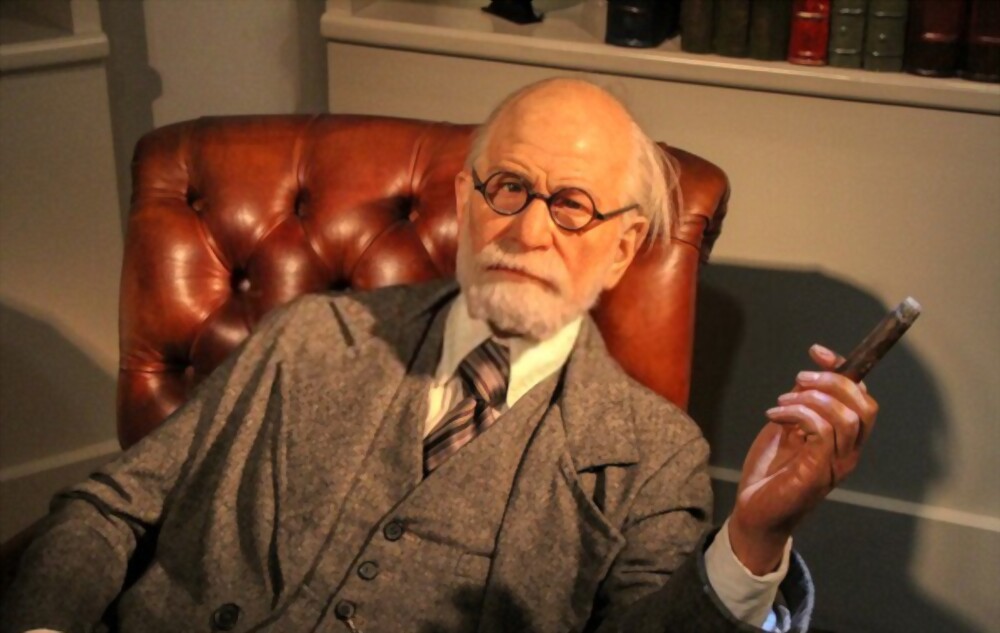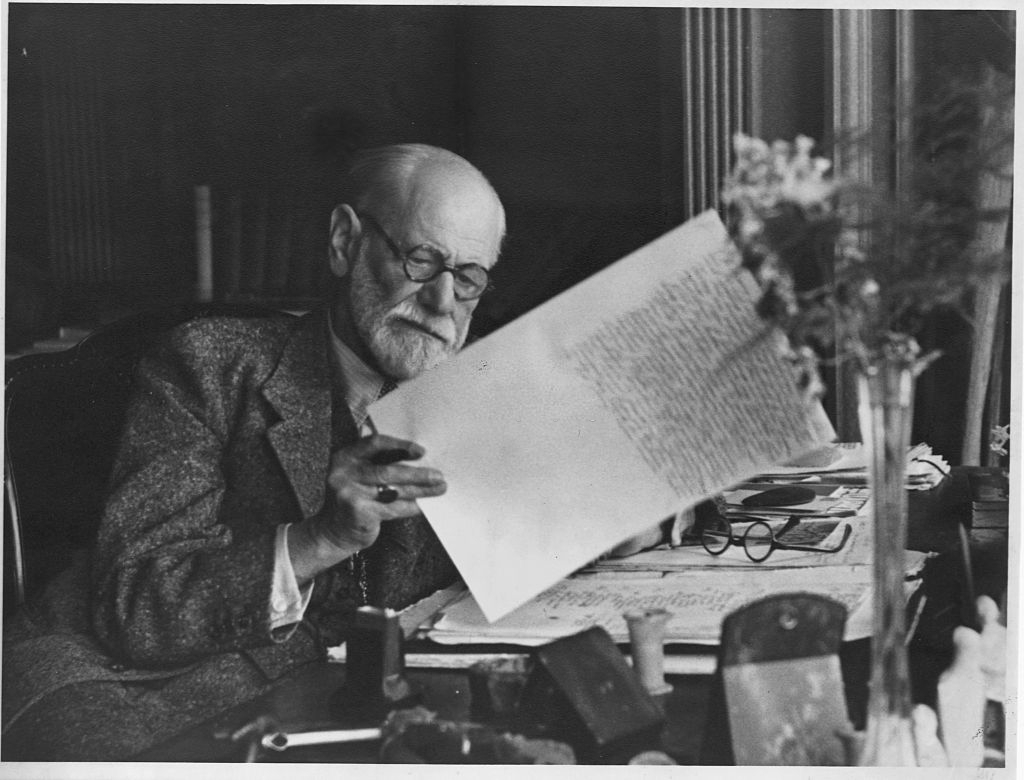Sigmund Freud - 156
I. What is Sigmund Freud's IQ?
Sigmund Freud possesses an IQ of 156. This admirable number was created perhaps because he was born into a Jewish family in Freiburg, so he inherited genetic intelligence.
Freud made certain contributions to the study of psychological processes and the treatment of human neurotic states, especially the method of free association, the interpretation of dreams,... He was the one who discovered the "dark areas" of the human brain that no one had done before.

Sigmund Freud has IQ 156. You can test your High IQ just by Click here
During his scientific research career, Freud left behind a large number of works, the contents of which are still the subject of research and even debate among many scholars to this day. These are: Studies on Hysteria (1895, Study of Hysteria), The Interpretation of Dreams (1900, Interpretation of dreams), The psychopathology of Everyday life (1901, Psychology of everyday life), Three Essays on the Theory of Sexuality (1905, Three Essays on Theory of Sexuality), The Ego and the Id (1923, Self and Ego), Civilization and Its discontents (1930, Civilization and its Discontents ), Moses and Monotheism (1939, Moses and Monotheism)…
II. Some information about Sigmund Freud
Sigismund Freud was born on May 6, 1856, in the town of Frieberg in the Austro-Hungarian Empire (present-day Czech Republic). He was the father of psychoanalysis and his treatment was based on the dialogue between the patient and the therapist. Sigmund Freud is best known as the creator of the therapeutic technique known as psychoanalysis. Austrian psychiatrist who contributed greatly to the understanding of human psychology in areas such as the unconscious mind, sexuality and dream interpretation. Freud was also one of the first to recognize the importance of emotional events occurring in childhood.
Freud started school at the age of 9 and quickly rose to the top of his class. He became an avid reader and was fluent in several languages. Freud began recording his dreams in a notebook as a teenager, demonstrating a fascination for what would later become a staple of his theory. Early in his college years, Freud decided to pursue medicine, even though he didn't envision himself taking care of patients in the traditional sense. He was fascinated by bacteriology, a new science that focuses on the study of organisms and the diseases they cause. Freud became a laboratory assistant to one of his professors, conducting research on the nervous systems of lower animals such as fish and eels.

Sigmund Freud reviews and edits his manuscript for Moses and Monotheism
After completing his medical degree in 1881, Freud began a three-year internship at a hospital in Vienna, while continuing to work at the university on research projects. While Freud gained satisfaction from his hard work with the microscope, he realized that there was little money for research. He knew he had to find a job that paid well and soon found himself more motivated than ever to do it.
Intrigued by the theories of brain function that were emerging in the late 19th century, Freud chose to specialize in neurology. Many neuroscientists of that era sought to find anatomical causes for mental illness in the brain. Freud also looked for that evidence in his research, which involved dissecting and studying the brain. He became knowledgeable enough to lecture on brain anatomy to other doctors.
Freud eventually found a position at a private children's hospital in Vienna. In addition to studying childhood illnesses, he is particularly interested in patients with mental and emotional disorders. One of Freud's early experiments did little to help his professional reputation. In 1884, Freud published a paper detailing his experiments with cocaine as a remedy for mental and physical ailments. He sings the praises of the drug he self-medicates for headaches and anxiety. Freud shelved the study after many cases of addiction were reported by people using the drug.
Freud incorporated voice healing into his own practice. Before long, he eliminated the hypnotic aspect, focusing instead on listening to his patients and asking them questions. He then asks fewer questions, allowing his patients to talk about anything that comes to mind, a method known as free association. As always, Freud meticulously took notes on everything his patients said, referring to those documents as a case study. He considers this his scientific data.
As Freud gained experience as a psychoanalyst, he developed a concept of the human mind as an iceberg, noting that a major part of the mind - the unconscious part - exists below the surface of the water. . He calls this the "unconscious."



